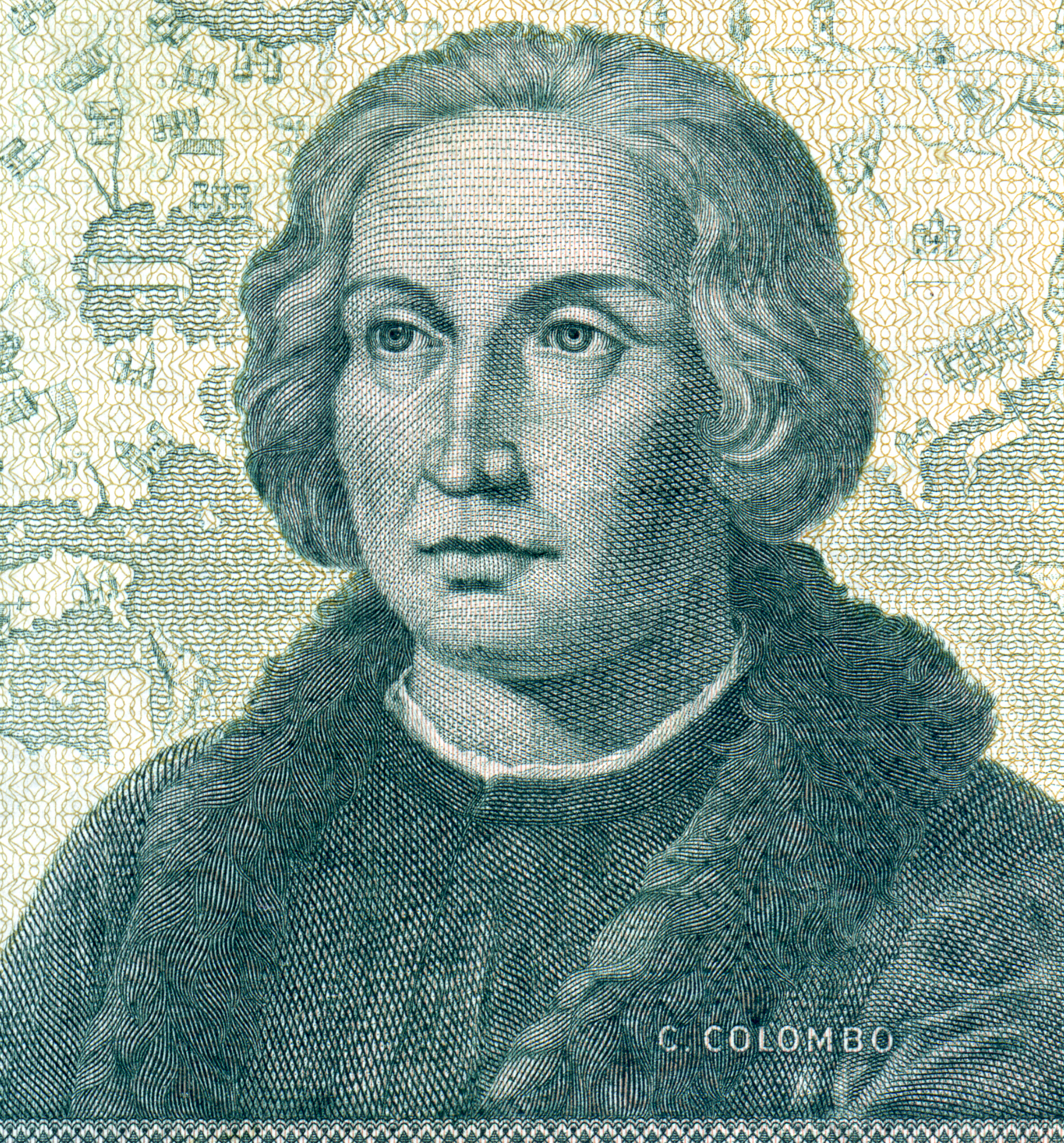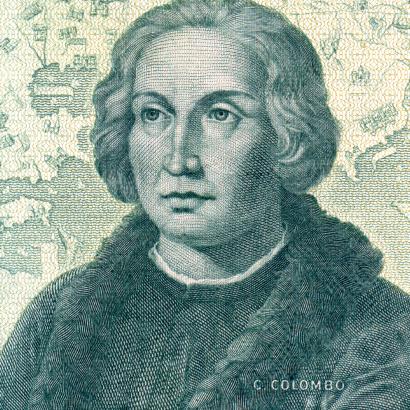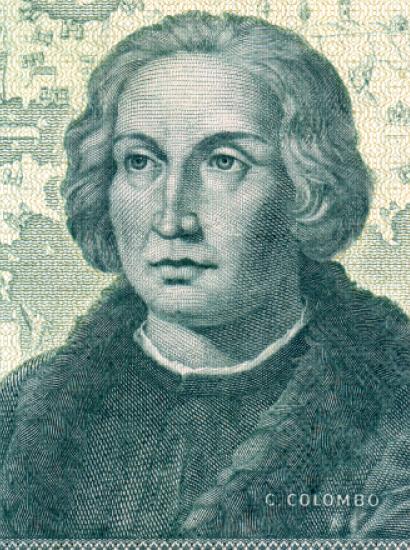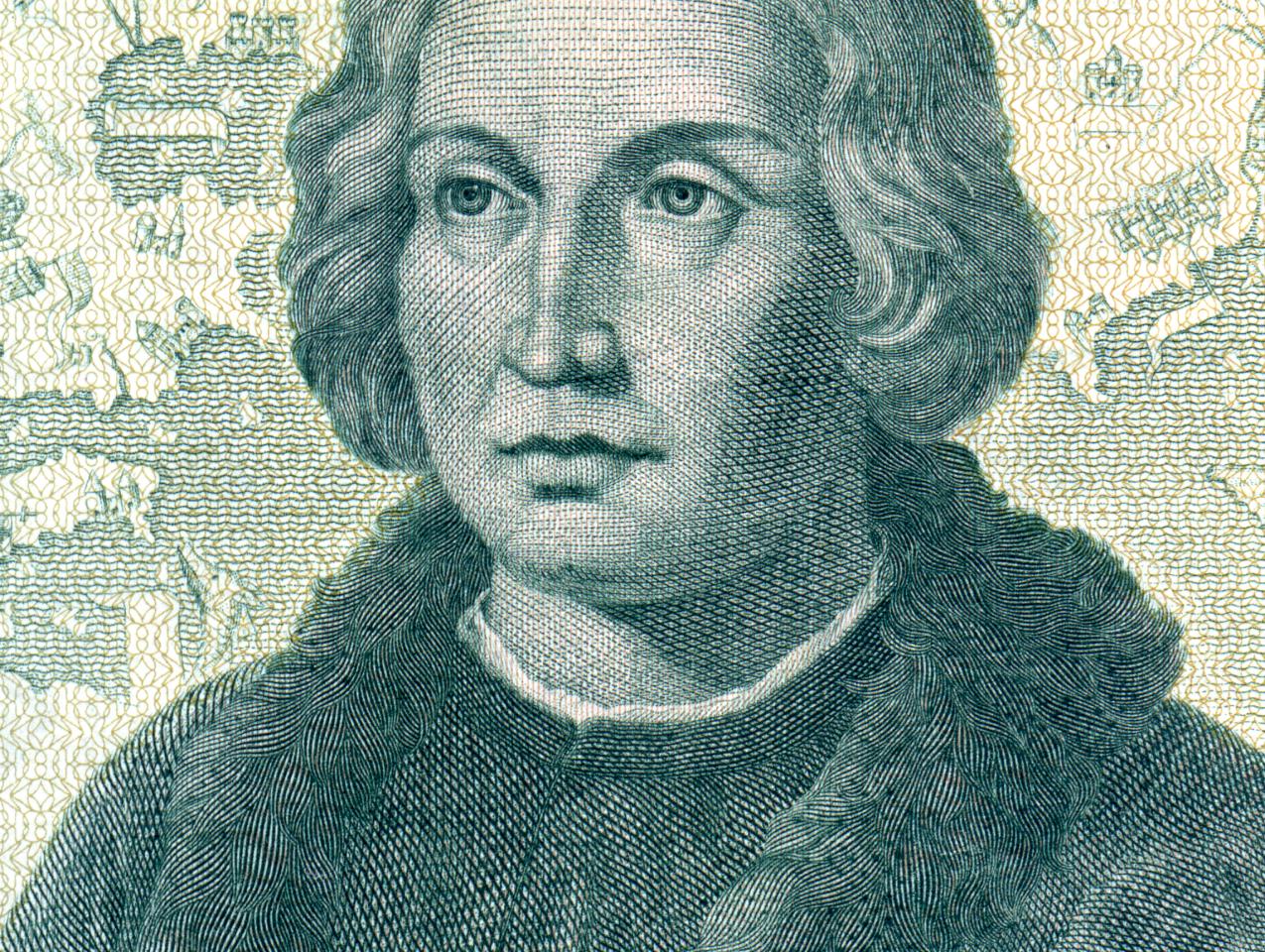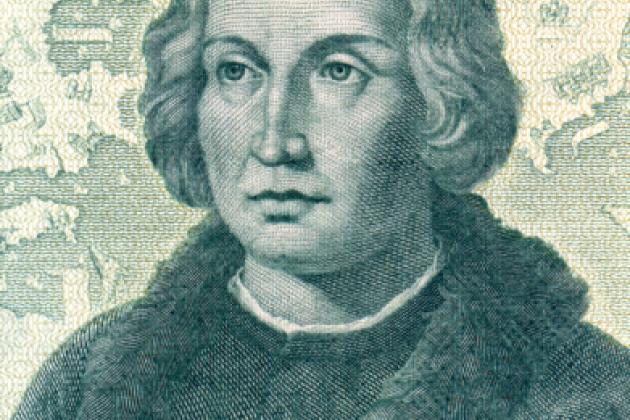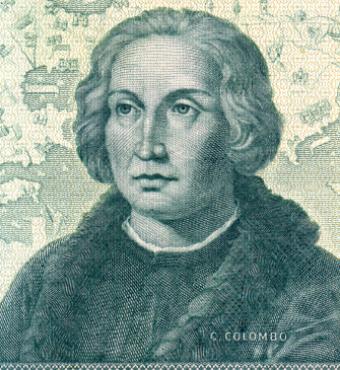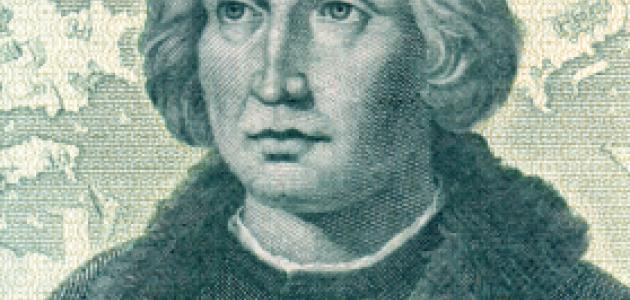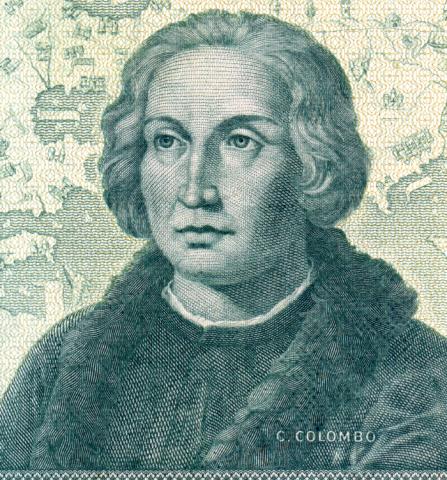- History
- Politics, Institutions, and Public Opinion
- State & Local
- California
History shows that Christopher Columbus crossed an ocean and found dry land during this month in 1492, lost his flagship off the coast of Haiti just two months later, then died the following decade an exonerated man with his wealth restored (though the whereabouts of his remains is still contested).
Centuries later, Columbus would experience a second fatality—this one at the hands of San Francisco Bay Area political correctness.
Let’s flash back to the late 1980s, when then president Ronald Reagan created a Columbus Quincentenary Commission to prepare for the celebration of the 500th anniversary of the landing in the Bahamas. The planned festivities included the arrival of replicas representing Columbus’s three-ship fleet in the San Francisco Bay.
And that didn’t sit well with the good folks in . . . wait for it: Berkeley.
Locals in that city famous for its ’60s sit-ins formed a group to protest the jubilee, calling itself the “Resistance 500” (“resistance” later being the same word used by the anti-Trump left in Sacramento).
It didn’t take much to convince Berkeley’s City Council to throw Columbus overboard. On October 12, 1992, the same day as the anniversary of the landing, Berkeley became the first city in the United States to celebrate Indigenous Peoples Day, with surf-city Santa Cruz following suit two years later.
Now, let’s move forward to the present. Eight cities in California now celebrate an Indigenous Peoples Day (here’s the list as of 2017).
The question is: was the change necessary? (By the way, Columbus Day remains a federal holiday, as it has been since 1934).
It’s a fair question to ask because, as you maybe didn’t know, California celebrates “Native Americans Day” every September 27. It’s observed as a holiday in the Golden State with some government buildings closed for the day.
California was the first state to establish such a holiday, former governor Culbert Olsen (the answer to the trivia question of the last California governor to be denied a second term) dedicating the first day in October as “Indian Day” back in 1939. That tradition lasted until 1968, when then governor Ronald Reagan moved the holiday to the fourth Friday in September, with the title of the day changing in 1998 by an act of the State Legislature.
If this sounds quizzical—two days, less than a month apart, dedicated to the same subject—then consider how some other parts of the country are handling tributes to the Italian explorer, including next Monday’s holiday.
Racine, Wisconsin, renamed a causeway fast by Lake Michigan that once carried Columbus’s name for a new title that better reflects native history. That’s not the case in Chattanooga, Tennessee, which will welcome three replica Columbus vessels on the day in question.
Columbus, Ohio, named after the explorer, may have come up with the most novel solution of all: last year, it cancelled Columbus Day observances altogether (budget restrictions, not a woke conscience, supposedly the culprit).
The challenge with rewriting—or, in this case, redirecting—the focus of history: it’s a hurtful exercise, even if the goal is easing a guilty conscience. Elevate one group while negating one man’s feats and it’s not just the previously lauded individual who suffers. In the matter of expunging Christopher Columbus from the holiday rolls, it’s California’s Italian-American community that also incurs the insult.
About that community: San Francisco, a magnet to Italian immigrants who found a Mediterranean climate and fertile fishing grounds off California’s shores, held one of the nation’s first Columbus Day parades soon after the Civil War. By 1890, there were more Italian immigrants on the Pacific Coast than in New England.
These weren’t insignificant first- and second-generation Californians, mind you.
Maybe you’re not familiar with A. P. Giannini, a San Jose native who dreamed of a national banking network to serve ordinary Americans. In 1930, he formed the Bank of America. Most anyone with a faint knowledge of sports knows of Joseph Paul DiMaggio, raised in San Francisco’s North Beach community and, fortunately for him since the son of a fisherman tended to get seasick, a genius with a baseball bat and glove. And, while she’s not a Bay Area native, she is a landmark politician: Nancy (née D’Alesandro) Pelosi.
More recently, San Francisco’s Italian community has fallen on hard times, financially and emotionally. Last year, the city’s Board of Supervisors voted to ditch Columbus Day in favor of “indigenous people,” then four months later (in response to a considerable backlash coming out of North Beach) voted to name the second Monday in October “Italian American Heritage Day.” (Even while the day carried Columbus’s name, Alcatraz Island hosted an annual Indigenous Peoples Day sunrise gathering to honor ancestors and celebrate Native American resistance.)
As for North Beach, the one-time bastion of Italian heritage has seen better days. A recent city report calculated that 45 of 291 storefronts were empty—curious for a town buzzing with new-economy wealth. Longtime old-world staples have shut down. In 2017, the restaurants Rose Pistola and L’Osteria del Forno closed after 20 and 27 years, respectively. Last year, coffee roaster Caffé Roma bid farewell to North Beach after 29 years of serving espresso.
What San Francisco may be looking at: a repeat of New York City’s Little Italy experience. Once a 30-block section of the Lower East Side, it’s now restricted to a couple of blocks adjacent to famed Mulberry Street.
Meanwhile, what doesn’t change: California politicians’ urge to mess with the calendar.
Last year, a State Senate bill attempted to take Indigenous Peoples’ (sic) Day statewide. It didn’t get out of the chamber. (In an only-in-California twist, the author of that bill, State Sen. Henry Stern, is the son of the guy who played an idiot burglar in the first two Home Alone movies.)
This year, a State Assembly bill proposed adding Election Day to the list of California state holidays. It too didn’t escape the chamber (here’s a list of California’ 11 state-sanctioned holidays).
And the second Monday in October?
A clever suggestion, made a year ago by a San Jose Mercury News columnist: rename it “Exploration Day” in honor of all things California.
As the essay explained: “For some, that might mean honoring the Aztecs or the Mayans. Maybe it’s a day to remember the accomplishments of Neil Armstrong, Amelia Earhart, Albert Einstein or Marie Curie. Here in Silicon Valley, we could celebrate computing pioneers like Charles Babbage, Ada Lovelace, Alan Turing or Steve Jobs.”
The author added: “And, yes, there will be people who want to pay tribute to Christopher Columbus and his dangerous journey across the Atlantic.”
Sounds reasonable enough.
And maybe worthy of a conversation over hearty Italian fare in North Beach—while the genuine article is still there.







